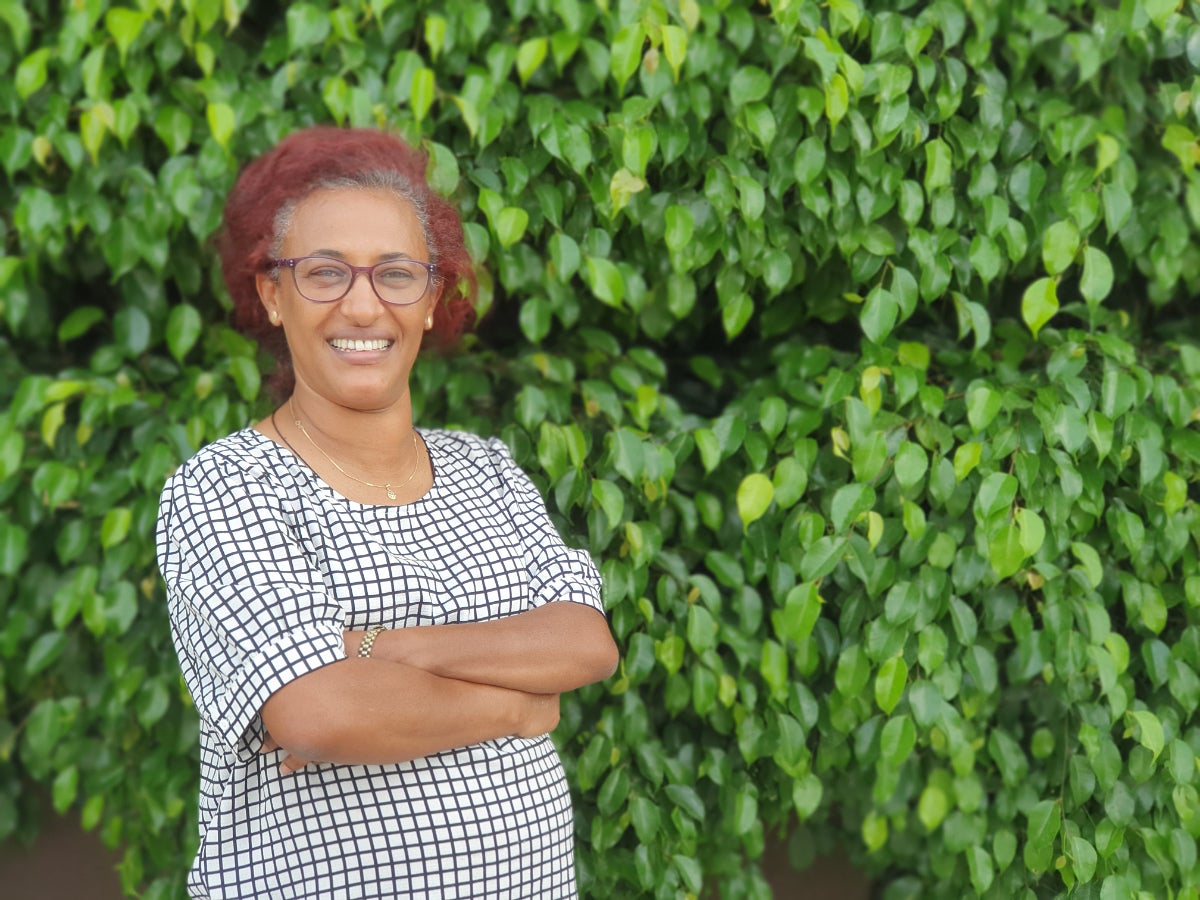Ensuring women and girls access sexual and reproductive health rights in humanitarian settings in Ethiopia
Date:
During crises, women’s and girls’ rights are often neglected, because other priorities (food, shelter, safety) come first. Existing barriers to women’s and girls’ access to sexual and reproductive health (SRH) are exacerbated in humanitarian settings, worsening the already critical situation and making it harder for women and girls access their basic rights.
“I got married at the age of 15 and my family received the dowry from my husband's family. I got pregnant immediately and gave birth, dropped out of school…I wish someone had told me about birth control…my life would have been different,” says 17-year-old Puruel, from Nguenyyiel refugee camp in Gambella, Ethiopia.
Gambella region in Ethiopia hosts seven refugee camps with residents predominantly from South Sudan. The refugees are predominantly women and adolescent girls who menstruate, give birth, raise children, and are at risk of violence. They lack access to sexual, reproductive, maternal, newborn, child, and adolescent health (SRMNCAH) services, and harmful gender norms based in the patriarchal society related to planned parenthood, increase the risk to women’s health and access to opportunities.
“Cultural norms and practices, lack of education and shaming hinder women and girls from accessing sexual and reproductive health services, which negatively impacts their health,” says workshop participant Waizer Belay, Senior Expert, Family Guidance Association of Ethiopia.
In such circumstances, women and girls, especially adolescents, need strong advocates who will stand up for their rights, advocate for improved access to services, and who work tirelessly to change social norms that hinder women’s and girls’ access to SRMNCAH services. To support these advocates, UN Women Ethiopia brought together close to 40 participants from Ethiopian ministries, women’s rights and civil society organizations to train them on advocacy strategies that will allow them to enhance access to SRMNCAH services for women and girls in need.
The advocacy workshop was part of UN Women’s programme on adolescent health rights in humanitarian settings in the Horn of Africa Region (POWER), which is supported by the Austrian Development Agency. POWER aims to support every woman, child, and adolescent girl, demanding her right to quality health services, particularly in humanitarian settings. The training focused on strengthening the participants’ capacity to advocate for and enhance SRMNCAH service use among women and girls, deal with gender barriers and address gender inequality across all levels to access SRMNCAH services.
“It is a vicious cycle: if pregnant women or young mothers are not healthy, how we can expect children to be healthy? We must invest more in improved nutrition, education, awareness raising, health services and prevention of violence for adolescent girls. Especially, for girls in humanitarian settings,” says workshop participant Dr. Aster Teshome, Founder and President, Centre for Adolescent Girls’ Health.
The POWER programme is implemented in Uganda and Ethiopia – countries that host most of the refugees in the Horn of Africa. It focuses on three outcomes specifically in refugee camps and host communities: ensuring there are frameworks that take into consideration women’s and girls’ access to SRMNCAH services in humanitarian settings; improving gender norms and practices; and empowering women and girls to exercise their rights to services. Education, awareness raising and community work in refugee camps and host communities are critical elements of the programme.
“In partnerships with International Medical Corps, UN Women has implemented the programme in three selected Woreda hosting communities and three South Sudanese refugee camps located in Gambella region for the last two years. We were able to reach 42,176 women and change the mindset of 147,466 men,” says Tigist Worku, Gender and Public Health Specialist, UN Women Ethiopia, adding that “only through working on gender equality and via women’s empowerment, we will address barriers preventing women, children, and adolescents from demanding and realizing their rights to SRMNCAH services.”

Workshop participants were able to learn about advocacy strategies, exchange best practices from their organizations, gain understanding of current laws and frameworks, discuss common challenges and the ways they can collaborate and unanimously agreed that there must be a stronger coordination at national and local levels.
“To enhance women’s access to services, we need a multi-sectoral approach where different ministries and departments address issues holistically because issues are interlinked. UN Women has been instrumental in bringing us together and building platforms for us to collaborate, to ensure that every woman and girl in refugee camps and host communities know of their rights, and can freely exercise them,” says Lealem Birhan, Team Leader, Ministry of Women and Social Affairs Ethiopia.